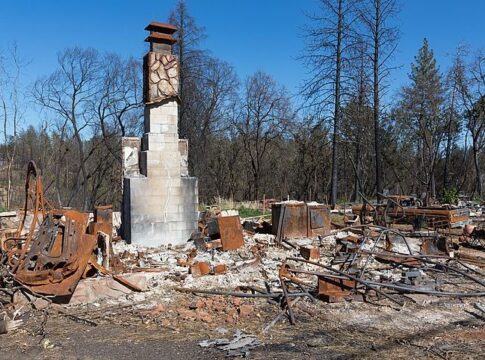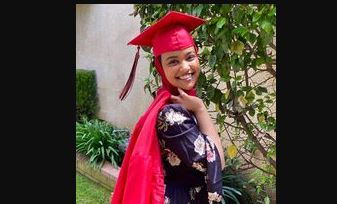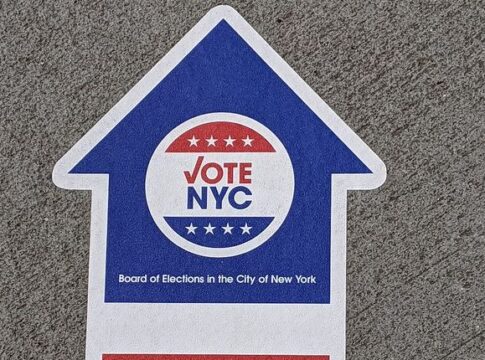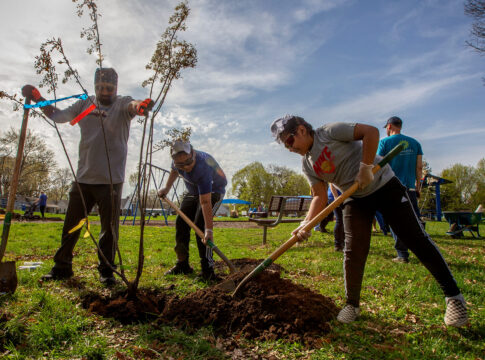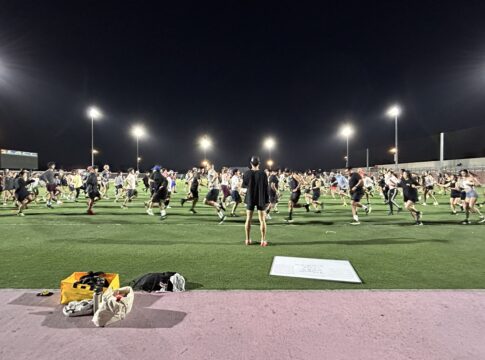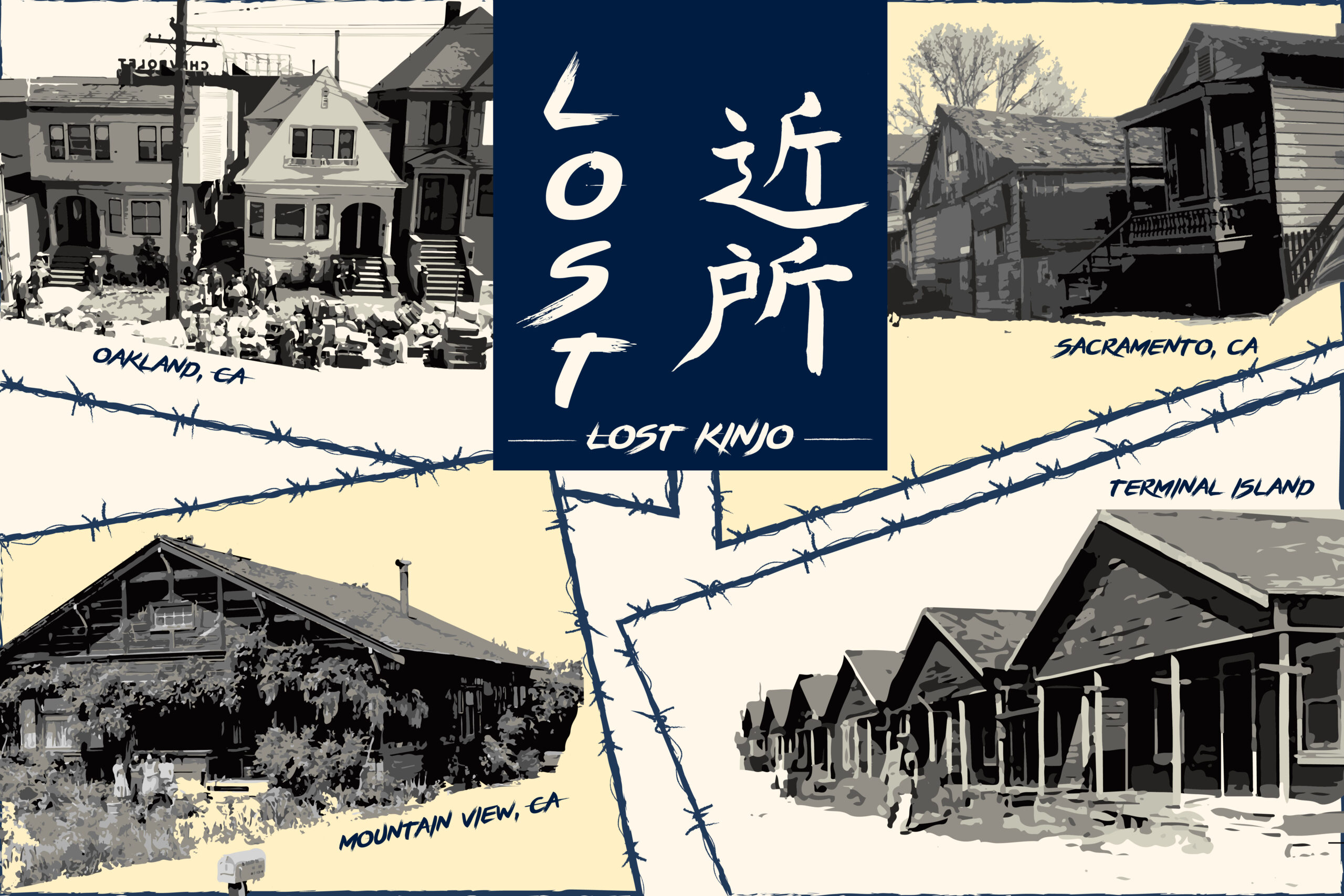
By Amy-Xiaoshi DePaola, AsAmNews Contributor
A report from San Francisco State University’s Asian American Studies department says there’s a strong link between often-stereotypical misinformation and coronavirus-fueled racism.
“Reactive policy and political statements and media representation fuel xenophobia and results in xenophobic attacks against the community and individuals,” said Russell Jeung, chair and professor of Asian American Studies at San Francisco State University.
Authored by Jeung, Sara Gowing, and Kara Takasaki, the report reviewed 433 news articles that mentioned coronavirus and resulting xenophobia from Jan. 28 to Feb. 24.
It concluded that 37 cases of xenophobia were reported a day, totaling 1,034 cases overall, as well as that the number of news stories about coronavirus xenophobia “peaked the second week of Feb. 4, when 401 cases of xenophobia were cited.”
LATEST STORIES
“We know that incidents of racism and xenophobia have been widespread, but there hasn’t been any concrete data” yet on the trend, Jeung said to AsAmNews.
He added that they are pushing for the California state attorney general to keep track of coronavirus-fueled xenophobia data.
Jeung said that “reactive policies” such as travel bans of people and goods arriving from Asia, as well as insensitive and inaccurate statements by politicians, only “fuel the hysteria.”
The backlash has had the “greatest fear on campuses with a high concentration of Chinese international students,” Jeung said.
Xenophobic videos, comments, memes, and more have even gone viral on social media, with the report giving an example of a student-led “coronavirus party” at University of Albany. The hashtag #coronavirus was also used by Instagram posters, including Logan Paul, over 199,000 times, often part of joke posts or as an attempt to gain followers, the report said.
In particular, Jeung’s own students from Asian American Studies and Environmental Justice Law have seen many seemingly “amusing and funny” posts particularly on Instagram and TikTok, with “unintended consequences of stereotyping Asians.”
But Jeung hasn’t seen or heard of any xenophobic incidents on his campus, or “that many” offensive racial jokes in mainstream media comedy shows, such as Saturday Night Live or The Daily Show — perhaps because “this is a pandemic that’s killing people” and people may be respectful of that.
However, on the local level, state staffers and individuals at city council meetings have made insensitive, often xenophobic comments about the virus. But the federal government has not been immune, either.
In the report, it is mentioned that U.S. Commerce Secretary Wilbur Ross remarked that the coronavirus outbreak in China will help “accelerate the return of jobs to North America.” Meanwhile, Jeung said President Donald Trump and his administration have been “fueling xenophobia since the start of his campaign.”
The reaction to the virus is only a “continuation of xenophobia linked to racism against people of color,” including Muslims and religious minorities, immigrants crossing the border, and victims of mass incarceration, he added.
Some Congressmembers such as the Congressional Asian American Pacific Caucus (CAPAC) have urged their peers to stop issuing misinformation, which leads to discrimination and outright attacks against Asian American communities and individuals.
“Let us be clear: the dissemination of false information about COVID-19 is dangerous for public health and for American citizens who are increasingly becoming the victims of racist and xenophobic attacks,” CAPAC said in a recent letter to their colleagues. “Our constituents are understandably worried about the spread of this disease and are looking to us for guidance and reassurance. But sharing inaccurate information or unconfirmed reports runs the risk of increasing fears and inciting violence.”
The letter then went on to say that while talking to constituents, members of Congress should consult with the Centers of Disease Control (CDC), local public health agencies, and the World Health Organization (WHO) in order to ensure accuracy and “not stoke unfounded fears.”
In addition to discrimination against individuals, such as two Hmong men being denied at a hotel or bystanders refusing to give an Asian man CPR, this has resulted in Chinatown businesses and Asian rideshare drivers taking a hit. For instance, a rice noodle shop, Yin Ji Chang Fen, reported a 40% drop in business, in New York City, where there has been only one confirmed case of coronavirus but has a large Asian American population, NBC News reported.
CAPAC’s statement also noted that some legislators have been making false claims about the origin of the virus, such as Sen. Tom Cotton (R-ARK).
Cotton spread a conspiracy theory of the virus being engineered as a biochemical weapon in a high-security laboratory near Wuhan while giving an interview on Fox News.
“We don’t have evidence that this disease originated there, but because of China’s duplicity and dishonesty from the beginning, we need to at least ask the question to see what the evidence says, and China right now is not giving evidence on that question at all,” he said.
Cotton has since retracted his comments, but news outlets such as The Washington Times have carried on the accusation of an “escaped weapon” from China. Other “theories,” such as the coronavirus originating from Chinese people eating bats or being “disease-ridden,” have spread in national newspapers as well, the report added.
This isn’t the first time China or Asians in general have been blamed for spreading diseases, causing widespread hysteria, Jeung said.
“Chinese and Asians have been targeted for every epidemic — smallpox, the plague, SARS,” he said. “What we need is responsible foreign policy and accurate media representation to dispel xenophobia.”
The Asian American Journalists Association (AAJA) has issued a statement cautioning journalists and other news outlets to be more mindful of their coverage of the coronavirus, including not using misleading photos of Chinatown or Asians wearing masks in news stories reporting on the virus.
For instance, The New York Post recently drew controversy when the original photo showed an Asian man with a mask with the headline “First case of coronavirus confirmed in New York City.” It was condemned by local politicians and activists alike on Twitter. In response, the photo was taken down and replaced with a video from a news conference, AsAmNews reported. (The New York Post has so far not responded to AsAmNews’s request for comment.)
These instances of irresponsible reporting only “reinforce stereotypes and create a sense of “otherness,” AAJA said.
AsAmNews has Asian America in its heart. We’re an all-volunteer effort of dedicated staff and interns. Check out our new Instagram account. Go to our Twitter feed and Facebook page for more content. Please consider interning, joining our staff, or submitting a story.


